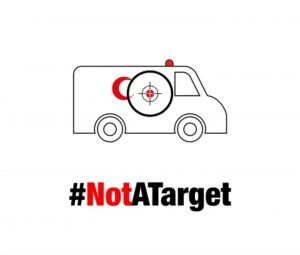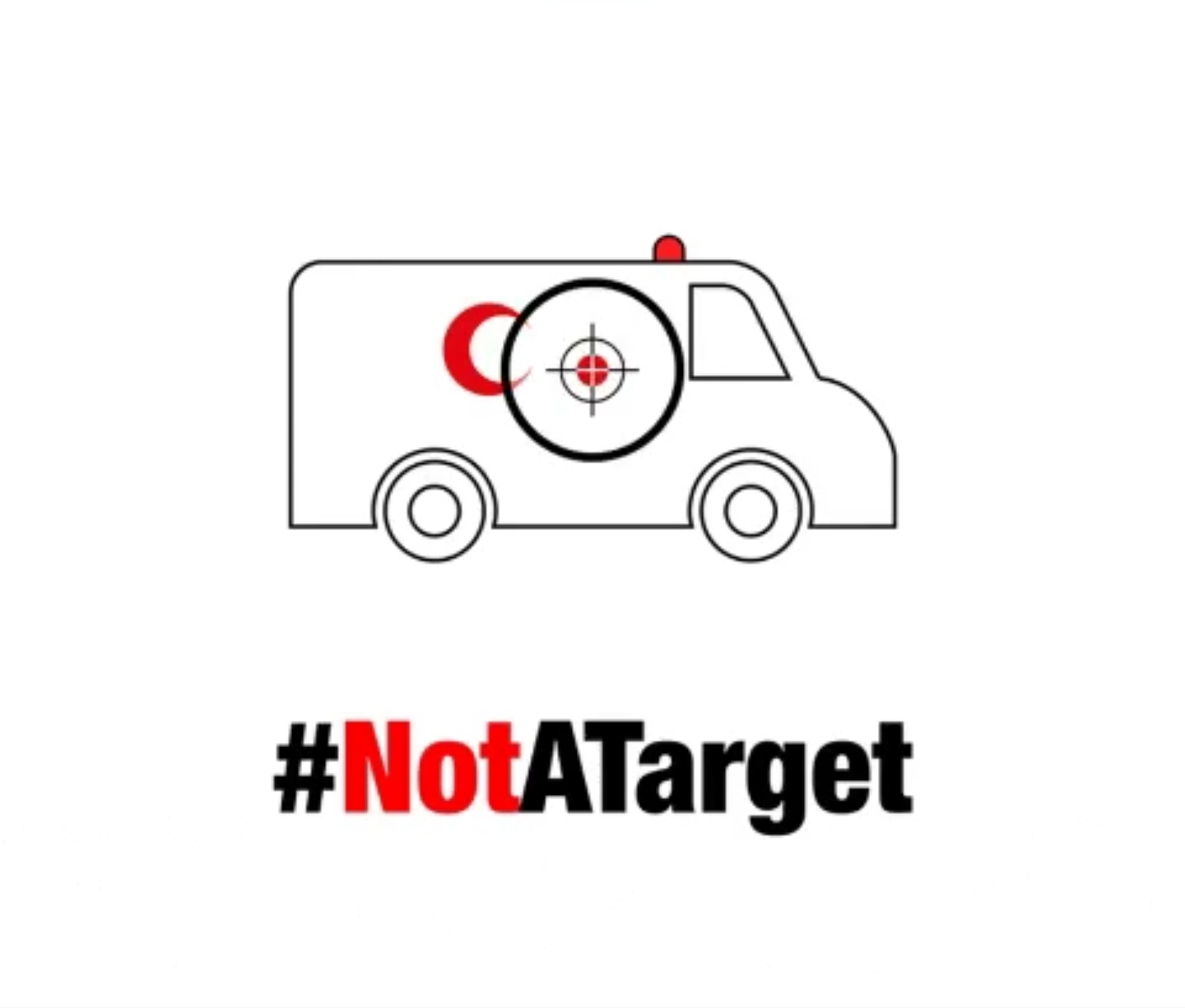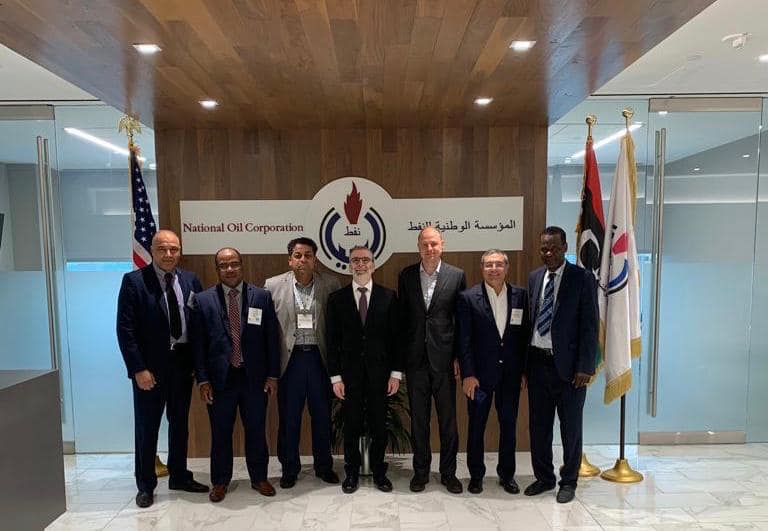By Sami Zaptia.

London, 9 May 2019:
UNSMIL and the World Health Organization (WHO) condemned yesterday’s attack on an ambulance that was caught in the ongoing Tripoli fighting.
In its statement today, UNSMIL said that it was ‘‘appalled by the attack yesterday against an armoured ambulance in Gaser Ben Ghashir, seriously injuring the Director of Ambulance and Emergency Medical Services and two paramedics’’.
It reiterated its previously made statement that ‘‘Attacks against health workers constitute a serious violation of International Humanitarian Law’’.
For its part, the World Health Organization today ‘‘condemned in the strongest terms’’ the attack on the ambulance that it said had left 3 health workers injured, one severely.
“This attack on an ambulance with visible logos is a shocking and intolerable violation of international humanitarian law,” said Dr Syed Jaffar Hussain, WHO Representative in Libya. “Not only did this attack injure key personnel, but the ambulance itself was taken away, thereby depriving patients of future care.”
Since the conflict in Libya escalated in early April, 11 additional ambulances have been impacted or suffered collateral damage, WHO revealed. In April, 3 health workers were killed in Tripoli, and numerous first-line responders have struggled to reach the wounded without being injured themselves. As the conflict continues into its second month, more than 400 people have died and over 2000 have been wounded, the statement added.
WHO said that it has been supporting field hospitals and field ambulance teams in Libya since the beginning of the conflict. It has also deployed emergency medical teams to key referral hospitals to perform surgeries in hospitals in and around Tripoli. It is also providing health facilities with medical supplies, including trauma kits with medicines for war injuries.
“This flagrant breach of the basic rules of warfare could jeopardize the operations of field hospitals and ambulance teams, and deter dedicated health staff from performing their life-saving duties,” said Dr Ahmed Al-Mandhari, WHO’s Regional Director for the Eastern Mediterranean. “WHO cannot accept any actions that put health workers in harm’s way. Health staff in Libya are working to save lives and must be allowed to work without additional risk to their safety or well-being.”









